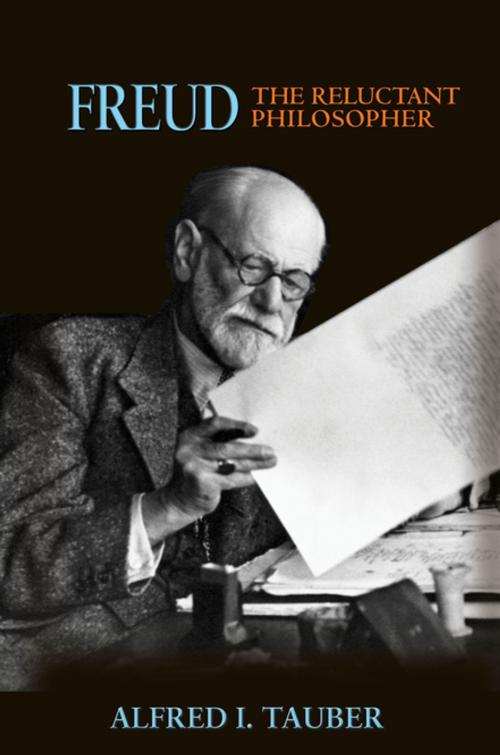Freud, the Reluctant Philosopher
Nonfiction, Health & Well Being, Psychology, Psychoanalysis, Religion & Spirituality, Philosophy, Modern| Author: | Alfred I. Tauber | ISBN: | 9781400836925 |
| Publisher: | Princeton University Press | Publication: | July 1, 2010 |
| Imprint: | Princeton University Press | Language: | English |
| Author: | Alfred I. Tauber |
| ISBN: | 9781400836925 |
| Publisher: | Princeton University Press |
| Publication: | July 1, 2010 |
| Imprint: | Princeton University Press |
| Language: | English |
Freud began university intending to study both medicine and philosophy. But he was ambivalent about philosophy, regarding it as metaphysical, too limited to the conscious mind, and ignorant of empirical knowledge. Yet his private correspondence and his writings on culture and history reveal that he never forsook his original philosophical ambitions. Indeed, while Freud remained firmly committed to positivist ideals, his thought was permeated with other aspects of German philosophy. Placed in dialogue with his intellectual contemporaries, Freud appears as a reluctant philosopher who failed to recognize his own metaphysical commitments, thereby crippling the defense of his theory and misrepresenting his true achievement. Recasting Freud as an inspired humanist and reconceiving psychoanalysis as a form of moral inquiry, Alfred Tauber argues that Freudianism still offers a rich approach to self-inquiry, one that reaffirms the enduring task of philosophy and many of the abiding ethical values of Western civilization.
Freud began university intending to study both medicine and philosophy. But he was ambivalent about philosophy, regarding it as metaphysical, too limited to the conscious mind, and ignorant of empirical knowledge. Yet his private correspondence and his writings on culture and history reveal that he never forsook his original philosophical ambitions. Indeed, while Freud remained firmly committed to positivist ideals, his thought was permeated with other aspects of German philosophy. Placed in dialogue with his intellectual contemporaries, Freud appears as a reluctant philosopher who failed to recognize his own metaphysical commitments, thereby crippling the defense of his theory and misrepresenting his true achievement. Recasting Freud as an inspired humanist and reconceiving psychoanalysis as a form of moral inquiry, Alfred Tauber argues that Freudianism still offers a rich approach to self-inquiry, one that reaffirms the enduring task of philosophy and many of the abiding ethical values of Western civilization.















